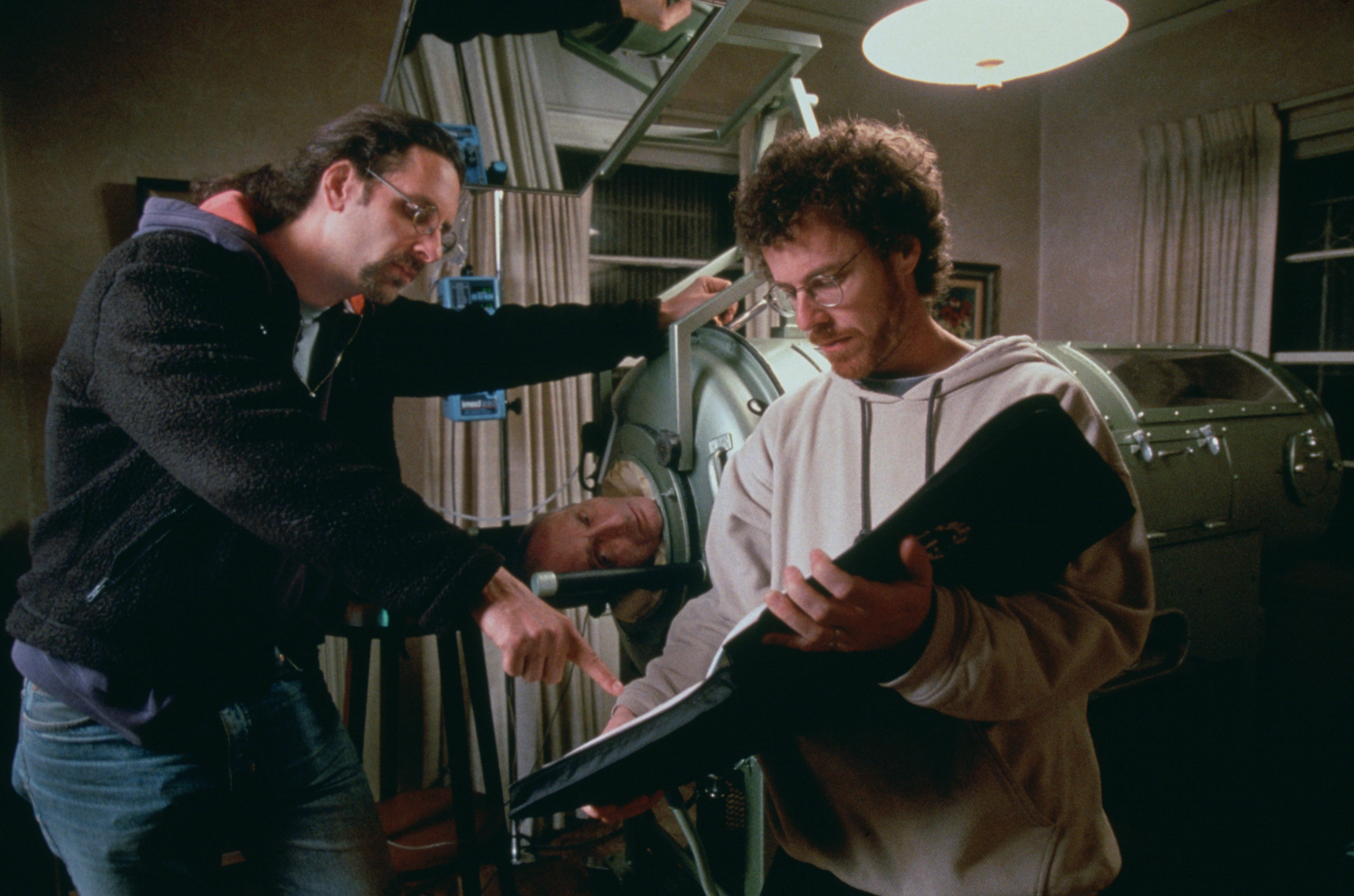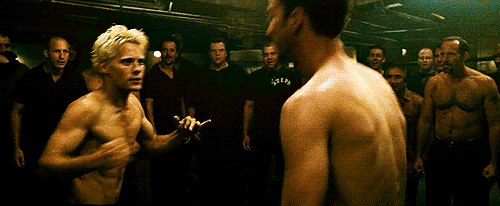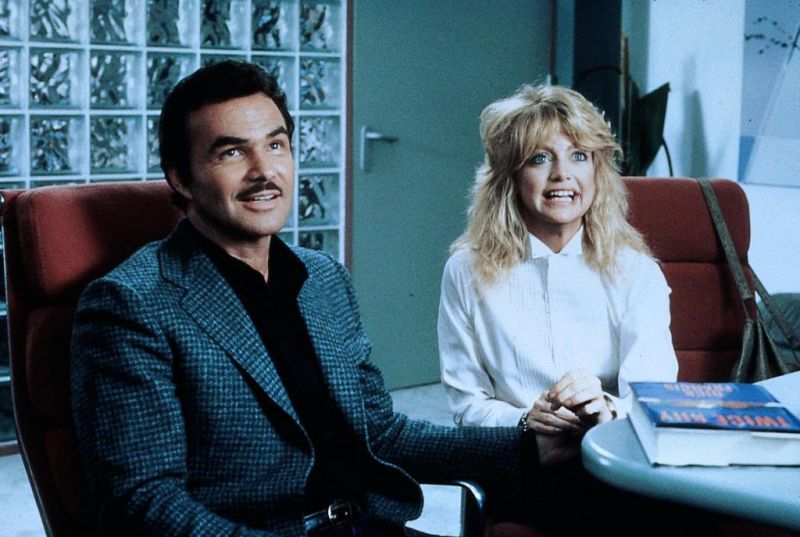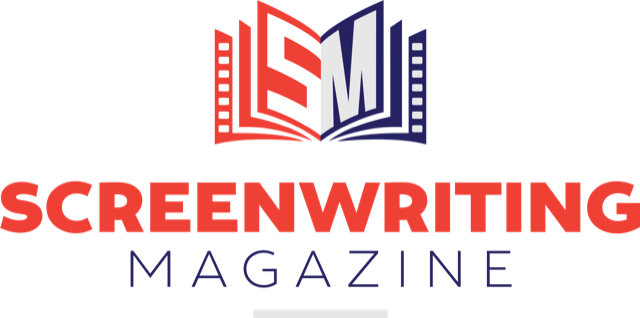Finding the best writing partner is one of the most important decisions we make as writers. A good writing partner can make your career. A bad one will make you want to crawl into the bathtub with a paint bucket full of bourbon ice cream floats. My experience with writing partners runs the gamut from successful and awesome to “this hellish experience would make an excellent screenplay.”
I’ve gotten advice on choosing a writing partner over the years and some of it has worked and some of it sounded nice at the time but did not work so well with an actual human. Like most topics I write about here, I’m no expert on finding a writing partner but I would like to share some things that have worked for me. As always, I hope you find this useful.
Know Thyself
Before I choose the best writing partner for a project, I have to take a good long look at myself each time. What are my strengths and weaknesses these days? How well do I work with others? What has bugged someone in the past about me? What has bugged me in the past about certain writing partners? If you don’t know yourself, how are you going to be able to find a good fit?

Ru gets it. Photo Courtesy: Logo
There are some things I know about me that apply every time. Such as…
Collaboration Is Not Arguing
I love strong writers and I appreciate healthy push back. But if you’re here to argue every point, we’re not going to make it. It’s a waste of time and a bummer.
Can you take feedback? Are you overly protective, stubborn, or what? Me, I can take it. I’m good with notes. If I can’t fully defend the note, it gets put aside or taken out behind the barn. I want someone who has the same attitude. I learned this adage from one of my first writing teachers: Be respectful but say what you mean.
If you’ve got a darling that you want to hang onto just because you like it but it does not fit the story we’re trying to tell, we’re going to have an issue. If that darling makes the story stronger, it stays but only because it’s the best choice for the story. I don’t believe in darlings but if you do and can defend it, then great.
I don’t need to have the last word but I do want my ideas and notes to be fully understood. If we decide that my note doesn’t get to live, I’m cool with it as long as we talk about it. And vice versa.

Joel and Ethan Coen are known for operating as one entity with two brains. Photo Courtesy: Universal Pictures
Who Does What?
I love dialogue and I’m fairly certain I don’t suck at it. Are you a dialogue master? We’re going to get along just great. If it’s not your thing, I’m more than happy to handle that. What doesn’t work is when I get my partner’s version of the script back and dialogue has been changed without a discussion and it’s not as good as it was. That’s the opposite of what we’re trying to do here. By now, I can have this conversation in a respectful way because we’ve already figured out if our taste in comedy and timing works.
Same thing goes with story structure. I’m good with that too but if my writing partner kills at that, I’ll certainly get out of the way.
Do you absolutely need to do all of the writing? Well, we probably won’t work out. I need to write and need to put my hands on the pages. Not paw all over them to make my mark. For me, this is not a spectator sport. I want to be an equal partner in creating those pages. We can switch up and each leap frog scenes. Writing the same scene is a total waste of time. Again, we would have had this conversation before any work starts.
I’m not the producer kind of writer that needs to supervise, and I don’t need a boss to supervise me. We’re in the same foxhole together. No one’s the CO here.
The Best Writing Partner Store? Where Is It?
I’ll answer this one the same way I broached the networking question. There’s no hard and fast way to find a writing partner.]
Here are a few suggestions on where to look:
-In a writer’s class.
-Your writer’s group.
-You worked with them on a project that didn’t involve writing but you liked their style.
-You’ve been friends with someone for years and now you want to write together.
-You asked friends for a recommendation.
-You put an ad on Craigslist or Mandy or wherever. Although this can be risky and frustrating. There are a lot of nuts out there and people who will waste your time.
Before you begin the hunt, I’d strongly suggest establishing your own criterion. Do you want someone with tons of experience who’s willing to work with a newb or are you a seasoned writer looking for some fresh blood? Or, you’re at a particular level looking for someone at the same level. It’s helpful to know that before you begin your search.

“Data! Data! Data!” he cried impatiently. “I can’t make bricks without clay.” Photo Courtesy: BBC
Sherlock Holmes That Person, Holmes
Do some sleuthing. Check out any potential writing partner. If he or she is a recommendation, ask a healthy amount of questions about them before making contact. If you’re getting to know them, spend the time to truly get to know them.
Discuss your strengths and weaknesses and be honest. Can you talk openly to this person? How are they with notes? What’s their process? Worst experience with a writing partner? Best experience? What are they’re expectations out of this endeavor, etc. Ultimately, you want to walk away from these first meetings with this person asking: Are you both yin and yang or more like hammers and inflatable cake stands?
You’re going to be spending a lot of time with this person and a couple of conversations over coffee won’t always provide the information you need. But then again, I met an excellent writing partner for a drink once and we did great work together. Any advice should be taken with a grain of salt.
Remote Writing Partnerships
I’ve written quite a few projects with a writing partner over Skype. I find that it’s efficient, and I don’t necessarily need to be in the same room with the person. Also, my writing partners sometimes live in other states or countries. It’s even better in a larger city where travel time can eat into the work day.
Multiple Partners
All right. Calm down. You know what I mean. And what I say is, it depends on the project. For a comedy series project, I’ve written with two other people on a couple of projects as well as with four to five people on others. I’ve mostly had a great experience in groups. We all had our strengths and the work flew by. But there were days when we would go to the bar and play darts because nothing was funny or working.
I’ve tried to write with two people on a feature and it didn’t work. It might have been the dynamic or my head space at the time. I’m not saying don’t do it, I just don’t have enough experience to discuss it. I have been brought in to help with a later draft but I wouldn’t call that a pure writing partnership.

Don’t let a fight catch you off guard. Plan how that’s going to go down. Photo Courtesy: 20th Century Fox
Pre-Fight Plan and Exit Strategy
No partnership is perfect. Even the best writing partnerships have pitfalls. If you’ve already established how you’re going to resolve conflicts BEFORE you write one word together, you’ll be in a very good place when the caca hits the cooling device.
If the work gets lopsided and you’re hauling most of the weight. Or someone has to drop out. Or someone is getting rubbed the wrong way over process or credit. Or any situation where the wheels are coming off the wagon train in any way, you need to pre-plan how you’re going to resolve these conflicts… work it out before you get started.
I swear by this practice.
Should We Get This in Writing?
I’ve done both. I’ve used boiler plate agreements. I’ve had a couple of fancy ones. I also do the handshake deal, depending on the person and how long we’ve known each other, etc. I’ve only gotten screwed once. I didn’t sign a contract and the person disappeared with our work and I heard that it was getting made without me.
But… I was a new writer, I didn’t do the above homework, and that script wasn’t that great anyway. In my head, I wished the project and the person well and never worked with them again. Godspeed.
Sometimes, I get things in writing even if my writing partner is a trusted colleague because of the other people involved in the project. This is mostly to protect the both of us against a possible situation. I use my spidey sense with this one. I also call my lawyer who prefers not to rely on imaginary super hero skills to suss out contracts.
His hard and fast rule, “Have a mutually agreed upon exit strategy and put that in your contract.”

Are you a couple as well as writing partners? At least you know how to yell at each other already. Photo Courtesy: Warner Bros.
Are We Having Fun Yet?
One of the main things I look for in a writing partner besides all of the above is whether we enjoy working together. We only get one (unless you believe in reincarnation and then, well, bygones). Let’s do what we love together and have a good time doing it as well as putting out a good script. It’s possible. I’ve done that many times.
What are your experiences with a writing partner? What’s your criteria? Did you and your partner steer through a disaster together and end up laughing about it or ended up getting married or some such? Share your stories, good and bad, in the comments because I know you guys have good stories. Thanks for reading/listening.




9 Replies to "The Best Writing Partner"
Rebecca Ann Dowty August 14, 2017 (5:10 am)
I just left a writing partnership this past week after about a year and a half, and two spec TV projects. I made a dynamic duo a trio and added the only feminine touch to our projects. There was so much wasted time and potential because of one ego, it finally ruined everything. I still wish them all success, but I’m in a better place after parting ways even if this represents a major disappointment.
Lisa Waugh August 14, 2017 (3:43 pm)
Been there too. After a while, you’re like, “I’ve got better things to do than this.” I’m glad you’re out there doing your own thing, Rebecca.
Robin Brantley August 14, 2017 (8:58 am)
We love your articles, Lisa- Thank You! We are a married couple (25 years) who have established a healthy writing partnership and figured out ways to keep it that way. We are fiction spec writers as well as singer/songwriters/musicians. We’ve written several albums of music and have a screenplay in the works we’ve been at for almost 3 years. The key for us was to learn the craft of screenwriting together. We attend writing groups and study together so that when we write, we are truly on the same page (it helps that we have similar ways of thinking and really ‘get’ each other). Dave is great at generating story, I am strong with dialogue and narrative/action lines and we are both story structure fanatics. We keep each other honest and have a running joke about never being married to anything but ourselves. Sure, it can get heated sometimes, pushing back and forth, fighting for a character’s need and true direction of story, but the cool thing is that sometimes something even bigger than we imagined will emerge from the idea we are constructing, and BAM: gold =) Hey, we are both strong personalities (we have both fronted rock bands!) but we understand when to pull back and be good collaborators (listening is so key, you know?). We love to tap into what happens when we combine our mental and emotional forces. Sometimes it’s lightening and thunder, but usually it is like a gorgeous sunny day on the lake with a nice little headwind to keep us sailing along. And when those rays punch through and the sun shines on your back at the end of the rainbow, there’s that gold again.
Lisa Waugh August 14, 2017 (3:41 pm)
I enjoyed reading every word of this, Robin. You should probably write your own piece (hell, a book) based on your experience with Dave. Thank you.
Lyndol Michael August 14, 2017 (1:29 pm)
Good piece, Lisa. I’m wondering if some of these guidelines apply when I seek a writing partner for a treatment, specifically for an original mini-series for TV.
Lisa Waugh August 14, 2017 (3:38 pm)
Oooh. Good question. I’ve always flown solo on treatments unless I had a partner for the project and plan to move forward with them on the project. I haven’t specifically chosen someone just for the treatment portion. Anyone else want to weigh in on this? Thanks for the question. Hopefully, someone in this group can give some advice.
Paddy August 15, 2017 (11:28 am)
Best partner I ever had was nearly 30 years my junior and from the opposite sex. We had the Chip N Dale effect when we worked. Typical working conversation ensues. “That was a wonderful idea” “Well I got it from you” “Really” “Absolutely true” “Well thank you” “No thank you” “Perhaps we shall use your idea over here” “Thats so kind, I would like that” “Well you deserve all the credit” “Thats silly, this is mostly you” “What happens if something goes wrong?” “Then you will fix it, of course” “I owe so much to you” “Thank you” No thank you” “hahahahahah” “You are always so delightful” “And you”
Ken August 25, 2017 (6:15 am)
I’ve been writing with the same partner for three screenplays now. We had one optioned. We were both beginners when we decided to write our first script based on his novel. The partnership has worked great so far. Of course we have our differences on some scenes, but we talk it through. I have a project I want to do next but I’m not sure his writing style will fit. This may be our biggest test, yet.
Lisa Waugh August 25, 2017 (9:42 am)
I had a situation where I worked very well with a partner on a project but the next one threw us both off for various reasons. We regained our footing, but it was tough at the start. We learned a lot about expectation and pivoting (insert Friends couch moving gif here). I wish you guys the best.